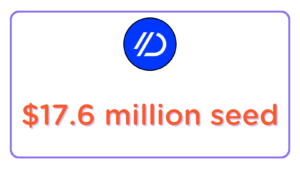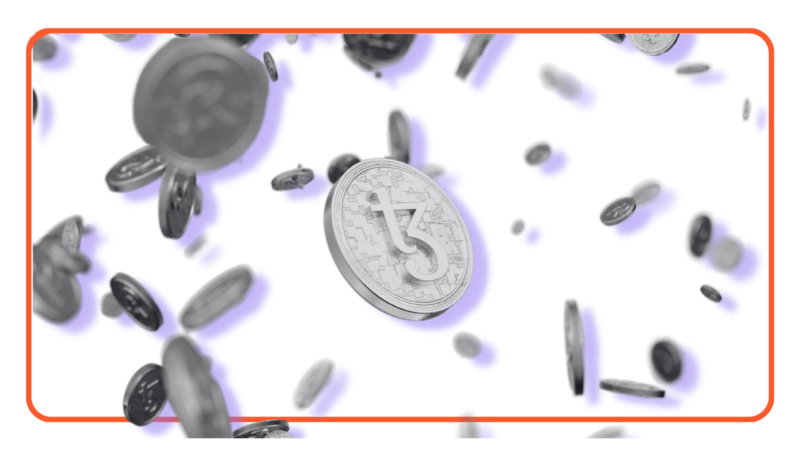Presented as part of venture capital content series in collaboration with Zayn Capital.
SAFE, which stands for Simple Agreement for Future Equity, is the most common way venture capital firms invest in early-stage Pakistani startups.
Founders must understand what SAFEs are to know what they are getting into and protect themselves from unfavorable conditions early in their startup’s life cycle.
For instance, founders need to consider the dilution characteristic of SAFEs since they may lose control of their startup when SAFEs are converted into equity.
What is a SAFE, and how does it work?
Due to the limited amount of historical data available on a new startup, it can be challenging to determine the value of a startup. Given this problem, venture capitalists use SAFEs because it allows them to postpone setting a valuation for a startup until later.
It is important to note that SAFEs are neither characterized as debt nor equity. They are essentially convertible securities with no principal repayments or interest payments.
So, the question is, how do venture capitalists profit from SAFEs?
In the case of SAFEs, venture capital firms want a future equity stake in the startup. This demand is reasonable because startup investments are risky and thus require attractive returns.
It’s easy to see how a venture capital firm’s investment translates into an equity stake in the startup. As a startup grows, it will require more capital to expand. When it raises a round of funding that sets a valuation, all previous SAFEs will convert to startup shares.
For example, if Venture Capital Firm (VC) X invests $500,000 in Startup W through a SAFE in 2020, and VC Y later comes in and invests $3 million at a $15 million post-money valuation, VC Y would own 20% of Startup W.
VC X would own $500,000 / $15,000,000 = 3.33% of Startup W. The founders of Startup W would own 76.67%, assuming there are no other shareholders.
What is a discount?
In some cases, an early investor or a venture capital firm may include a provision entitling them to equity in the startup at a discount to the price of shares calculated during subsequent financing rounds. Typically, discounts range between 10% and 30%.
If VC X stated in his SAFE that he would invest $500,000 in exchange for a 20% discount after the next priced round, then VC X’s SAFE would convert at a post-money valuation of $12 million instead of $15 million.
After VC Y’s $3 million investment, VC X would own 4.17% of Startup W instead of 3.33% without the discount. VC Y would still own 20% of Startup W, and the founders would own 75.8%.
What is a valuation cap?
An early investor could also include in his SAFE a condition that converts his SAFE to equity based on a capped valuation rather than the startup’s actual valuation. This could be much higher in the future. As a result, the early investor could obtain more startup shares, resulting in a higher shareholding percentage.
Looking back at our previous example, if Startup W’s valuation had been capped at $10 million in the SAFE with VC X (much lower than its actual $15 million post-money valuation), VC X’s SAFE would convert at a $10 million post-money valuation.
After VC Y’s $3 million investment, VC X would own 5% of Startup W instead of 3.33% without the valuation cap. VC Y would still own 20% of Startup W, and the founders would own 75%.
Founders should carefully consider valuation cap conditions when negotiating SAFEs with potential investors. This is because founders may initially accept a valuation cap that, in hindsight, seems too low. This is a decision that founders may regret once the SAFE is converted into startup stock years later.
What is a Most Favored Nation (MFN) Provision?
To understand the benefit of an MFN provision to venture capitalists, let’s assume that X had incorporated the MFN provision into his SAFE.
Now imagine that Startup W needs more capital later on for its expansion and, as a result, engages with another venture capitalist, VC Z. In this case, if VC Z can obtain relatively more favorable terms from Startup W, VC X has the right to the same terms as VC Z moving forward.
What are Pro Rata Rights?
The Pro Rata Rights provision allows investors to invest more capital into the startup to maintain their shareholding percentages after subsequent equity financing rounds. The investor must pay the current share price when exercising these rights.
Consider the case of VC X, who now has a SAFE with Pro Rata Rights and, following the conversion of his SAFE, has 20 shares, equal to 20% of Startup W. Moreover, Startup W has a total of 100 shares in circulation.
If Startup W issues an additional 100 shares at $2 each in the future, VC X will require 40 shares to maintain his 20% ownership in Startup W.
In this case, VC X could exercise his pro rata rights provision and be the first to purchase additional shares of Startup W at the current share price of $2 to maintain his 20% shareholding.
A common SAFE agreement used in Pakistan
The famous start-up accelerator Y Combinator (YC) introduced SAFEs in the United States in late 2013. Since then, the SAFE agreement has become a fundamental way for early-stage startups globally to raise capital.
Various versions of the YC SAFE agreement are free on the YC website at this link. Due to the high number of Pakistani start-ups registered in Singapore, the YC SAFE for Singapore may be an attractive option for Pakistani founders looking to raise venture capital.
3 Key Takeaways
- SAFE stands for Simple Agreement for Future Equity and is a convertible security with no principal repayments or interest payments.
- Venture capitalists take a high-risk level during a business’s early stages and often negotiate a valuation cap or discount into SAFE agreements.
- It is crucial for founders to fully understand the implications of the provisions (discount, valuation cap, MFN, and pro-rata rights) included in the SAFE to avoid giving up more of their startup than they expected.
Given that SAFEs are the most common way venture capitalists invest in startups in Pakistan and the US, founders must be well-educated. Understanding what SAFEs are and how they work is essential for effective fundraising for an early-stage startup.







